
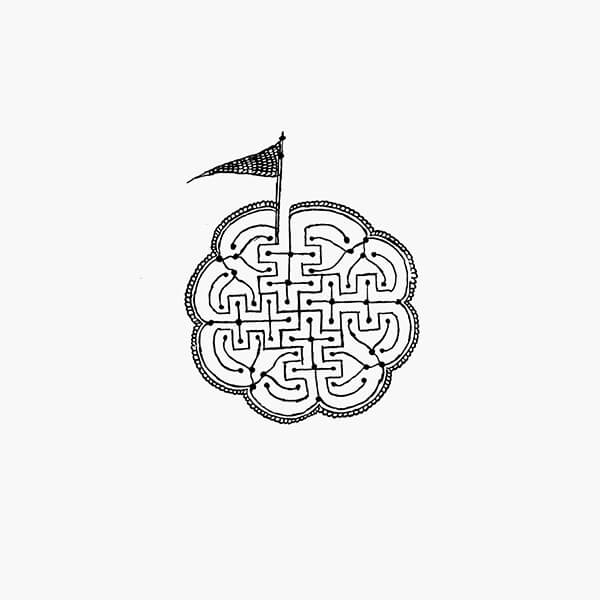


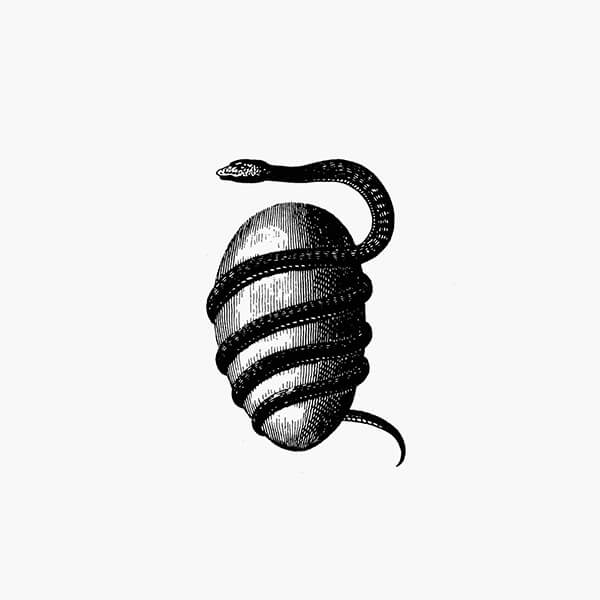











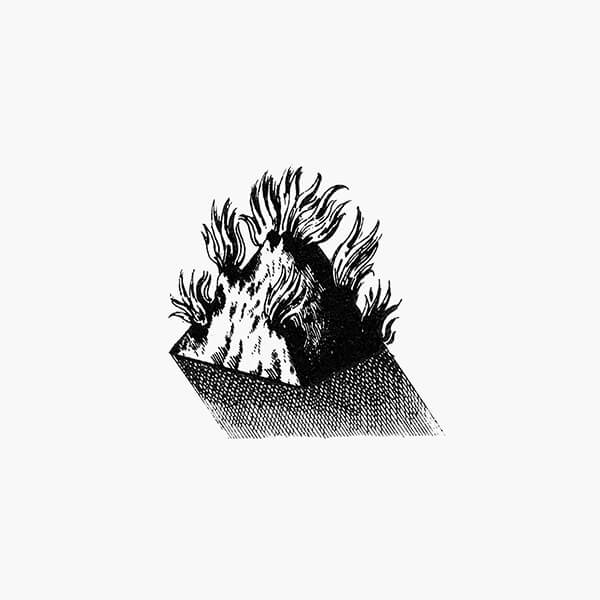
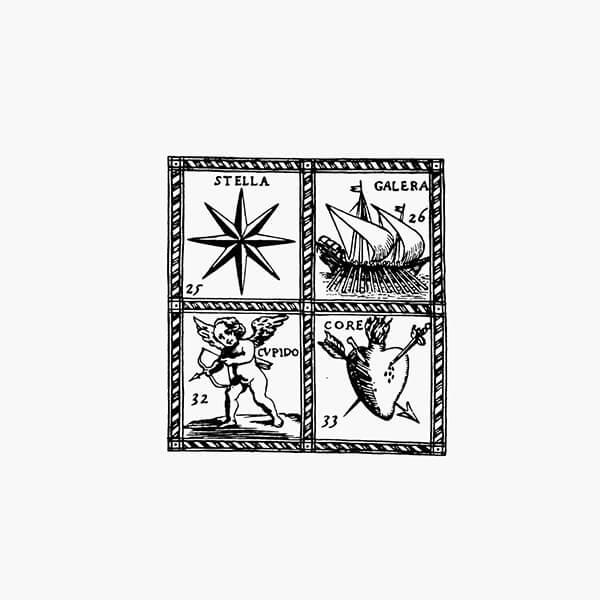



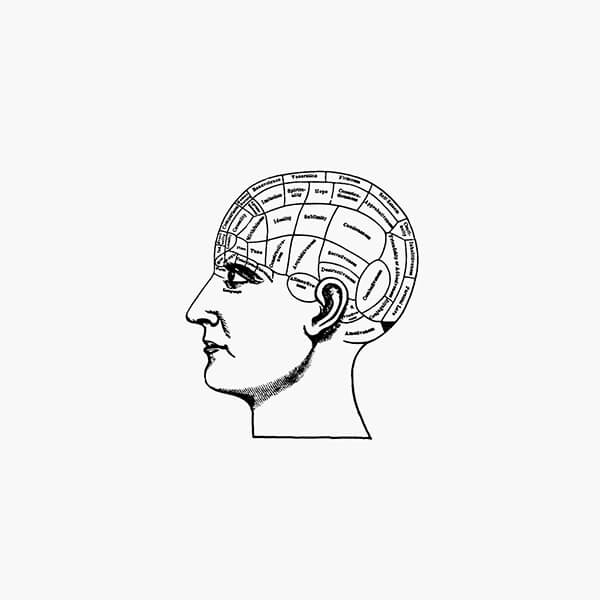






Blue Library
9855 Il califfo dell’hashish
Gérard de Nerval. Introduction by Giovanni Mariotti
1977 / 72 PAGES.
Language: Italian
A luminous development of dreams and doubts gave rise to the pages of The Caliph of Hashish , wherein the themes of madness and power are not lacking, and in which the myth of drugs enters the Western literary system for the first time.
Nerval explores the relationship between schizophrenic delusion, cannabis intoxication and amorous sensitivity, as observed in the character of the caliph Hakem. The young caliph gradually allows himself to be persuaded to experiment with hashish, which is offered to him in the form of a “greenish paste”. The cannabis intoxication unleashes a delusion that transfigures Hakem into a god encased in a carnal shell, a delusion that also allows him to conceive of the possibility of incestuous relationships. Hashish is thus involved in two ways: on one hand, as a means to liberate the mind from the constraints imposed by rationalising reason and, on the other, through its hallucinatory power, to conjure images of the beloved person. In a journey where reality and dream overlap, where imagination and history blur, we are immersed in a story that unconsciously takes on autobiographical aspects. The pilgrimage undertaken by Nerval himself in the Orient is a journey in search of traces of his own dreams and primordial emotions. In contrast to silent and opaque reality, Nerval invents a magical world, under a spell, a world that is not and does not exist, a world that emerges marvellously through the creative power of literature.